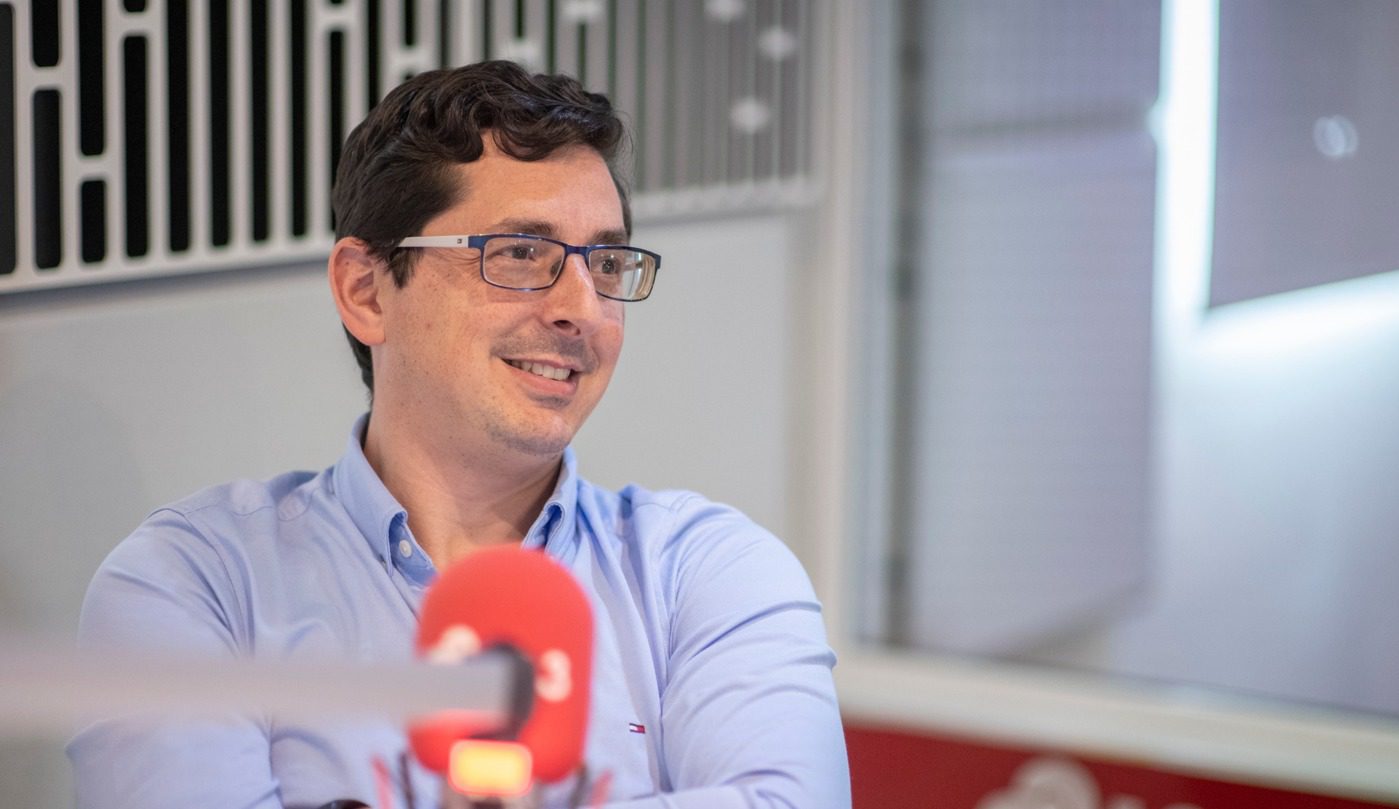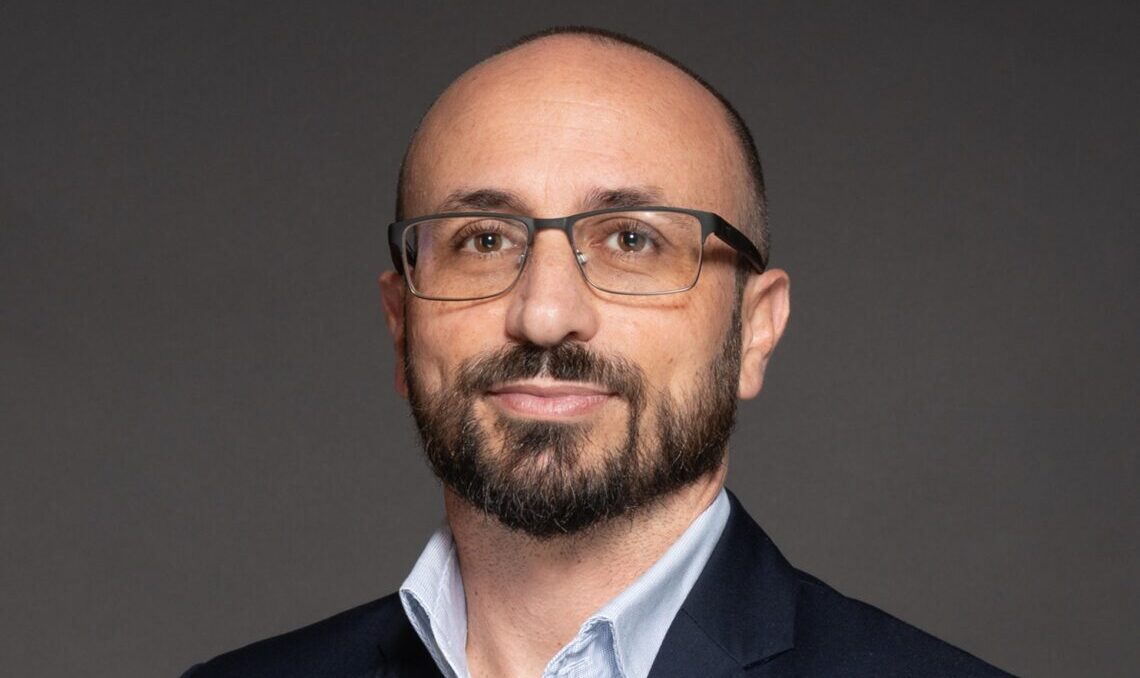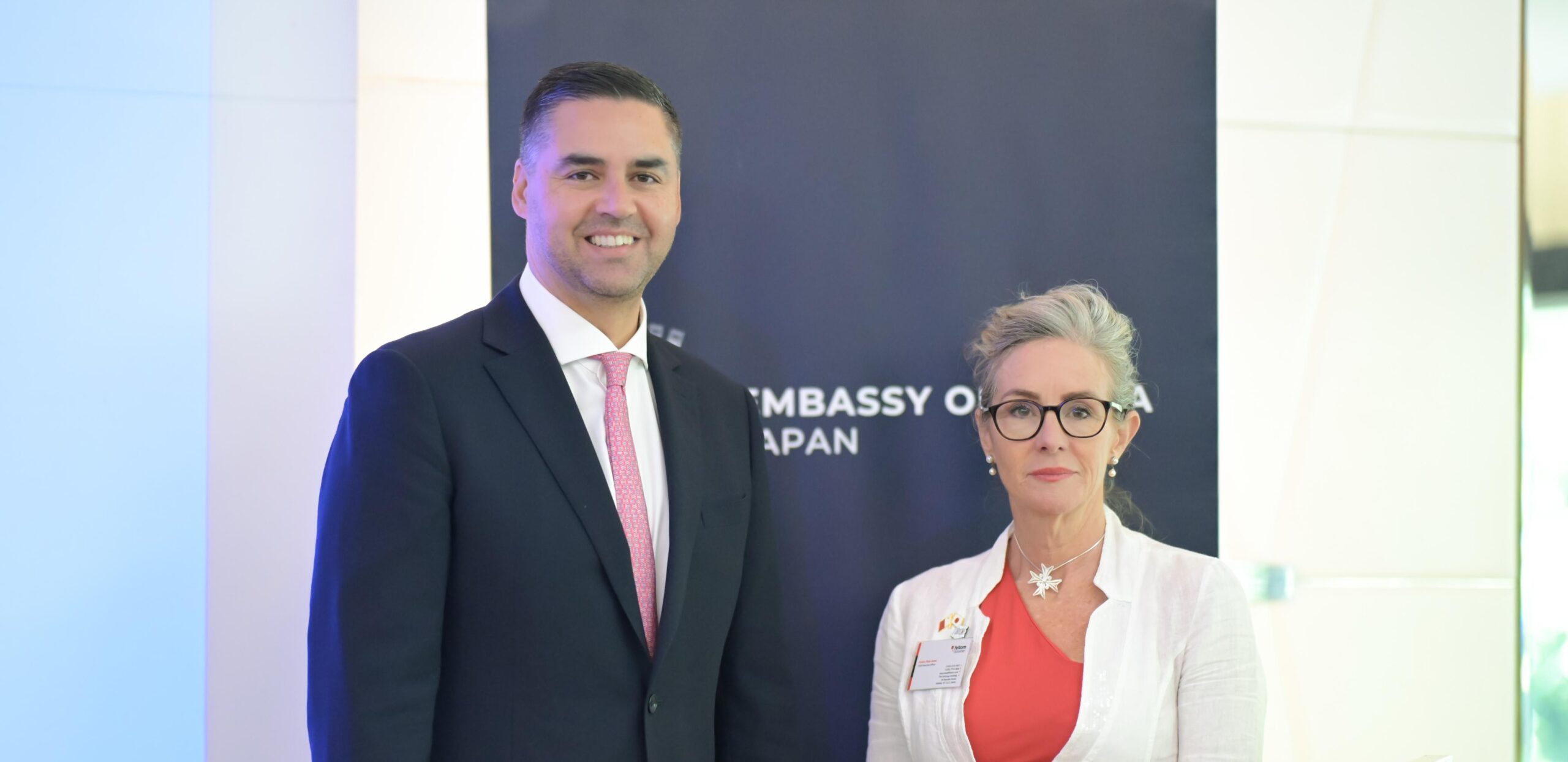JA Malta CEO Matthew Caruana has emphasised the need for Malta’s national education system to focus on cultivating innovators and changemakers that will develop ideas to take the country forward, rather than just producing employees.
His comments came in his review of the National Education Strategy 2024-2030 which was published recently.
The strategy seeks to transform the education system, focusing on three core pillars: well-being, growth and empowerment, and equity and inclusion. This reflects a growing emphasis to tackle modern challenges that generations will face both in the present and in the future.
Mr Caruana, who has been at the helm of entrepreneurship education provider JA Malta since 2022, remarked that it was surprising that the announcement of the new strategy was largely understated, especially since education “is the bedrock of our society’s future.”
He suggested that not placing the spotlight on the announcement of the strategy could possibly be a sign of a greater focus on implementation.
In his review, Mr Caruana pointed towards a number of elements of the strategy that represent positive steps in the right direction, while also highlighted other areas that still need improvement.
One of the areas that needs tackling is that of innovation.
In his foreword, Minister for Education, Sport, Youth, Research and Innovation Clifton Grima stated that the strategy is a “commitment to fostering a culture of continuous improvement and innovation” within Malta’s educational landscape. However, Mr Caruana acknowledged that in the document, the concept of innovation is overlooked entirely.
“A cultural shift towards innovation is imperative,” he affirmed.
“The educational system should not merely produce employees; it should cultivate adaptable innovators and changemakers,” Mr Caruana stated.
In a world characterised by rapid technological developments, the present and future workforce needs to be able to adapt to changes with forward-thinking ideas.
Mr Caruana said that as a result, students must be equipped with the skills to “handle and create change, adapting to a future that will be vastly different from today.”
“Encouraging critical thinking, creativity, and adaptability is essential for preparing students to forge their own paths in an unpredictable world,” he commented.
Aside from that, he also remarked that there is a lack of entrepreneurship promotion laid out in the strategy. Mr Caruana added that it would also be of great benefit to have financial literacy higher up in terms of priorities, together with more details about an implementation roadmap and resource allocation.
“Effective implementation of these initiatives requires adequate funding, training, and infrastructural support which should be clearly outlined or at least implied through a plan on how to secure these resources,” he said.
Mr Caruana also noted that there needs to be a focus on teacher training, as well as mechanisms for scalability and flexibility to adapt to unforeseen circumstances. Metrics and key performance indicators (KPIs) should be introduced to evaluate the success of different initiatives to outline the strategy’s impact.
On the other hand, he acknowledged that the national strategy is relatively “robust and visionary” in other areas, particularly in terms of critical aspects of modern education.
These include a holistic approach to the well-being of both educators and students, a growing focus on future skills and digital literacy, more inclusivity and equity, as well as a push for greater collaboration with various stakeholders.
Yet he said that in order to be “truly actionable,” there needs to be a clearer implementation roadmap, detailed resource allocation, and greater emphasis on teacher training and evaluation metrics.
Additionally, the focus on entrepreneurship, financial literacy, and innovation needs to be enhanced. “These areas must be prioritised to prepare our students for the dynamic and unpredictable future they will face,” he continued.
“Now is the time for all stakeholders – educators, parents, policymakers, and the community – to rally behind this strategy and advocate for these necessary improvements,” Mr Caruana said.
He called for greater collaboration so that the educational system “not only meets the demands of today, but also empowers students to become the innovators and leaders of tomorrow, which we desperately need.”
Featured Image:
JA Malta CEO Matthew Caruana
Betsson doubling down on flagship brand to ‘realise economies of scale’ – CEO
The iGaming giant recently launched its main global brand in Georgia and Lithuania.
Japan-Malta visa to attract more, higher-quality Japanese students – FELTOM CEO
Jessica Rees-Jones says that this agreement is extremely important for the local English Language Teaching sector.
Coldplay’s kiss cam sparks scandal for US tech CEO and HR Chief – and the internet can’t look away
A Coldplay concert kiss cam turned into corporate chaos when two tech execs were caught canoodling, and the internet did ...
Lawyers weigh in on amendments in Malta’s citizenship law: Evolution or extinction?
Experts say whether amendments in the law signal the end of the sector, or simply its evolution into a more ...









